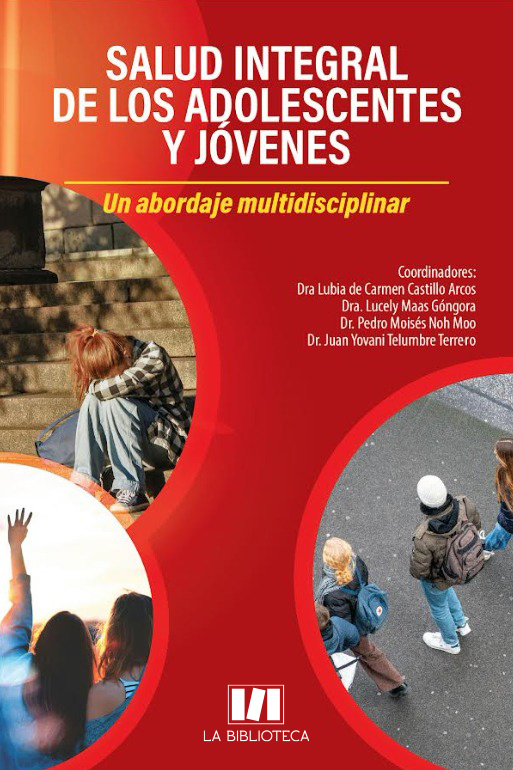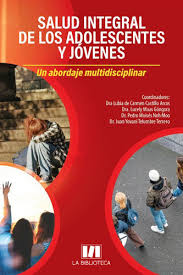Resumen
The inconsistent use of hormonal contraceptive methods can result, during the first
year of use, in one in twelve women still having an undesired pregnancy. This may
lead to women experiencing fear of becoming pregnant (FBP).We have only found
one study examining the proportion of FBP among women who used hormonal
contraceptives. To gather further scientific evidence we undertook an observational,
cross-sectional study involving 472 women at a Spanish university in 2005–2009. The
inclusion criteria were having had vaginal intercourse with a man in the previous
three months and usual use for contraception of a male condom or hormonal contraceptives,
or no method of contraception. The outcome was FBP. The secondary
variables were contraceptive method used (oral contraceptives; condom; none),
desire to increase the frequency of sexual relations, frequency of sexual intercourse
with the partner, the sexual partner not always able to ejaculate, desire to increase the
partner’s time before orgasm, age and being in a stable relationship. A multivariate
logistic regression model was used to determine the associated factors. Of the 472
women, 171 experienced FBP (36.2%). Factors significantly associated (p < 0.05)
with this FBP were method of contraception (condom and none), desire to increase
the partner’s ability to delay orgasm and higher frequency of sexual intercourse with
the partner. There was a high proportion of FBP, depending on the use of efficient
contraceptive methods. A possible solution to this problemmay reside in educational
programmes. Qualitative studies would be useful to design these programmes. (Extraído del documento)






